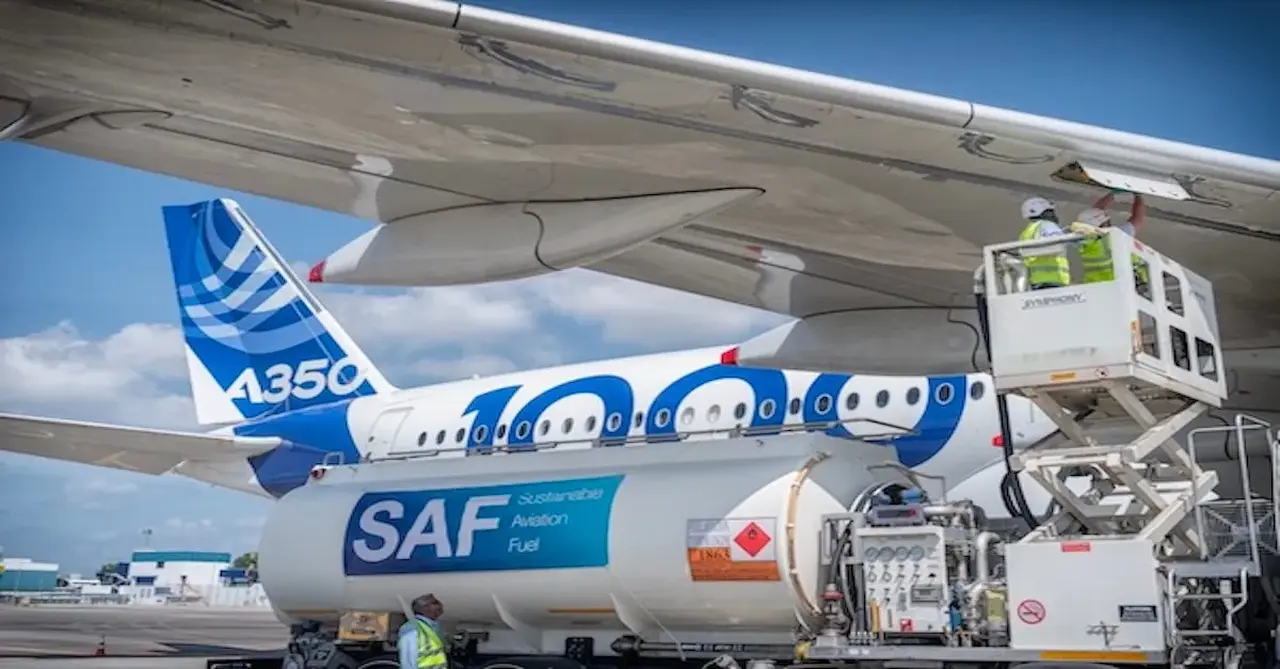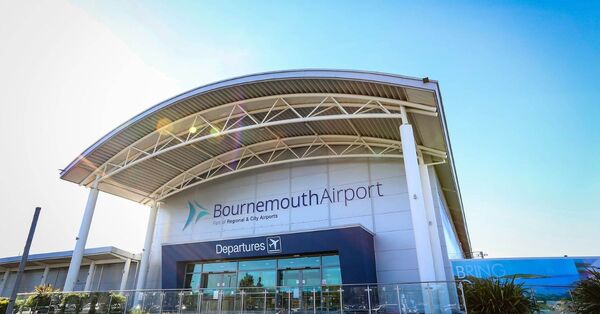You are viewing 1 of your 2 free articles
Iata issues ‘call to action’ over drive towards net zero aviation emissions by 2050
Iata has issued an “urgent call to action” to governments and the energy sector to support efforts to drive net zero aviation emissions.
The demand came as the aviation trade body published a study demonstrating that sufficient sustainable aviation fuel (SAF) feedstock exists to enable the airline industry to achieve net zero CO2 emissions by 2050.
All feedstocks considered meet stringent sustainability criteria and do not lead to changes in land use, the report produced in partnership with Worley Consulting claimed.
However, it will be essential to improve conversion efficiencies, accelerate technology rollout, enhance feedstock logistics, and invest in better infrastructure required to scale up commercial facilities across all regions to maximise SAF output, Iata noted.
Director general Willie Walsh said: “We now have unequivocal evidence that if SAF production is prioritised then feedstock availability is not a barrier in the industry’s path to decarbonisation.
“There is enough potential feedstock from sustainable sources to reach net zero carbon emissions in 2050. However, this will only be accomplished with a major acceleration of the SAF industry’s growth. We need shovels in the ground now.”
North America, Brazil, Europe, India, China, and ASEAN nations were identified as key drivers of global SAF output.
Walsh added: “With this study it becomes clear that we can make SAF the solution it needs to be for aviation’s decarbonisation.
“The potential to turn SAF feedstock into real SAF production is in the hands of policymakers and business leaders, particularly in the energy sector.
"The conclusion of this study is an urgent call to action. We have just 25 years to turn this proven potential into reality.”
Iata chief economist and sustainability senior vice president Marie Owens Thomsen said: “The report highlights the local and regional opportunities for SAF production to create jobs, stimulate economies and support energy security goals.
“Governments, energy producers, investors, and the aviation sector must work together, de-risk investment, and accelerate rollout.
“Policy certainty and cross-sector collaboration are essential to unlock the scale we need. The time to act is now—delays will only make the challenge harder.”


















